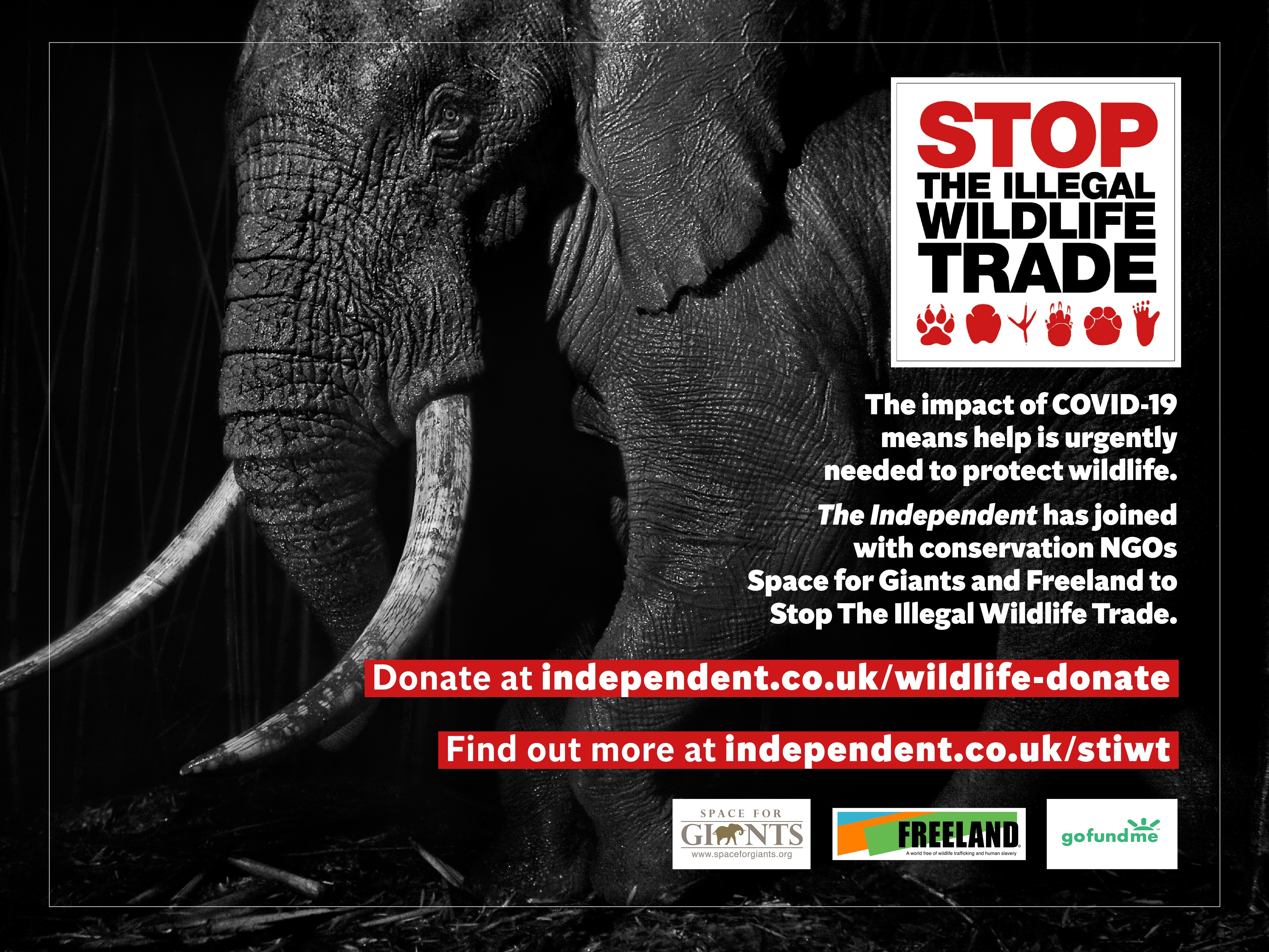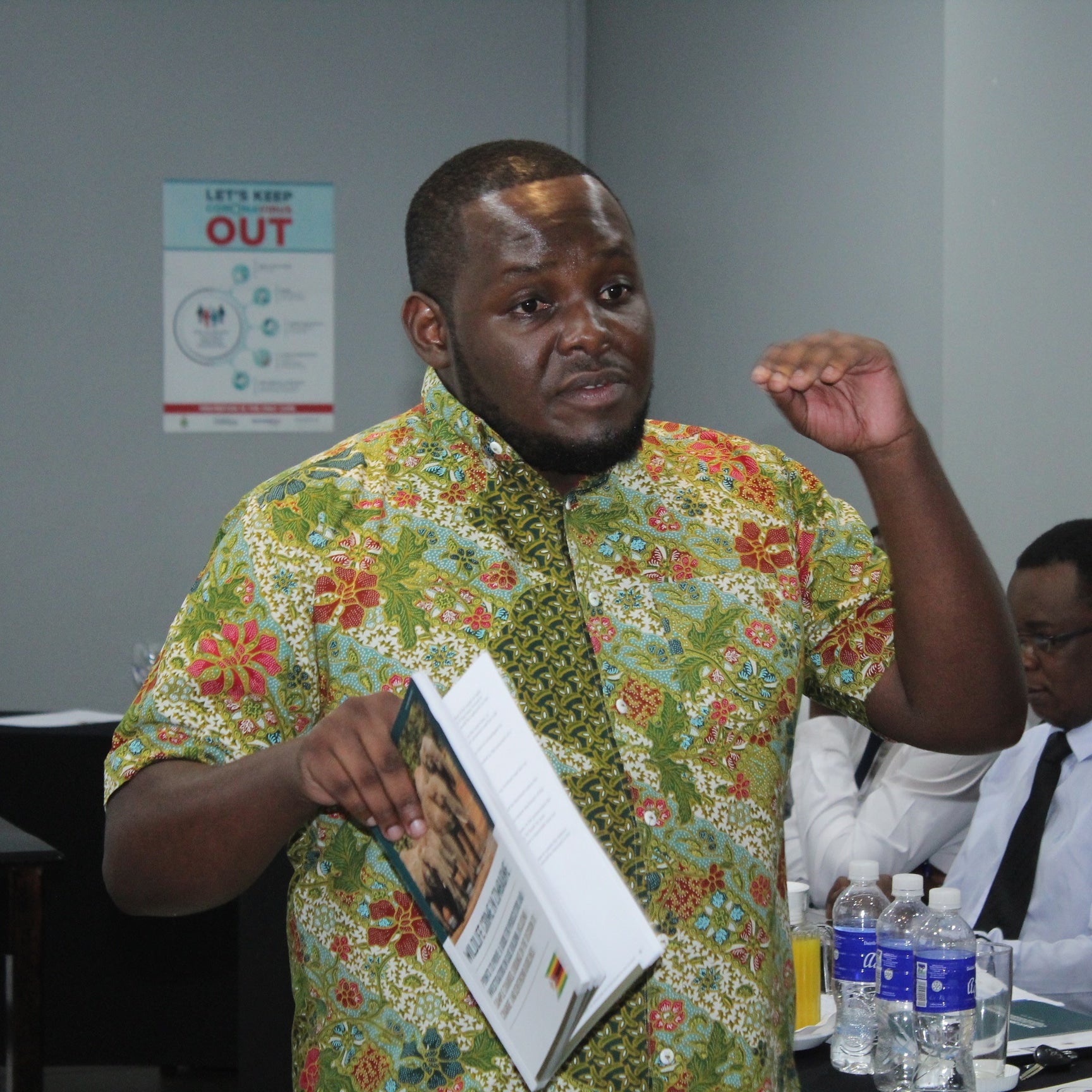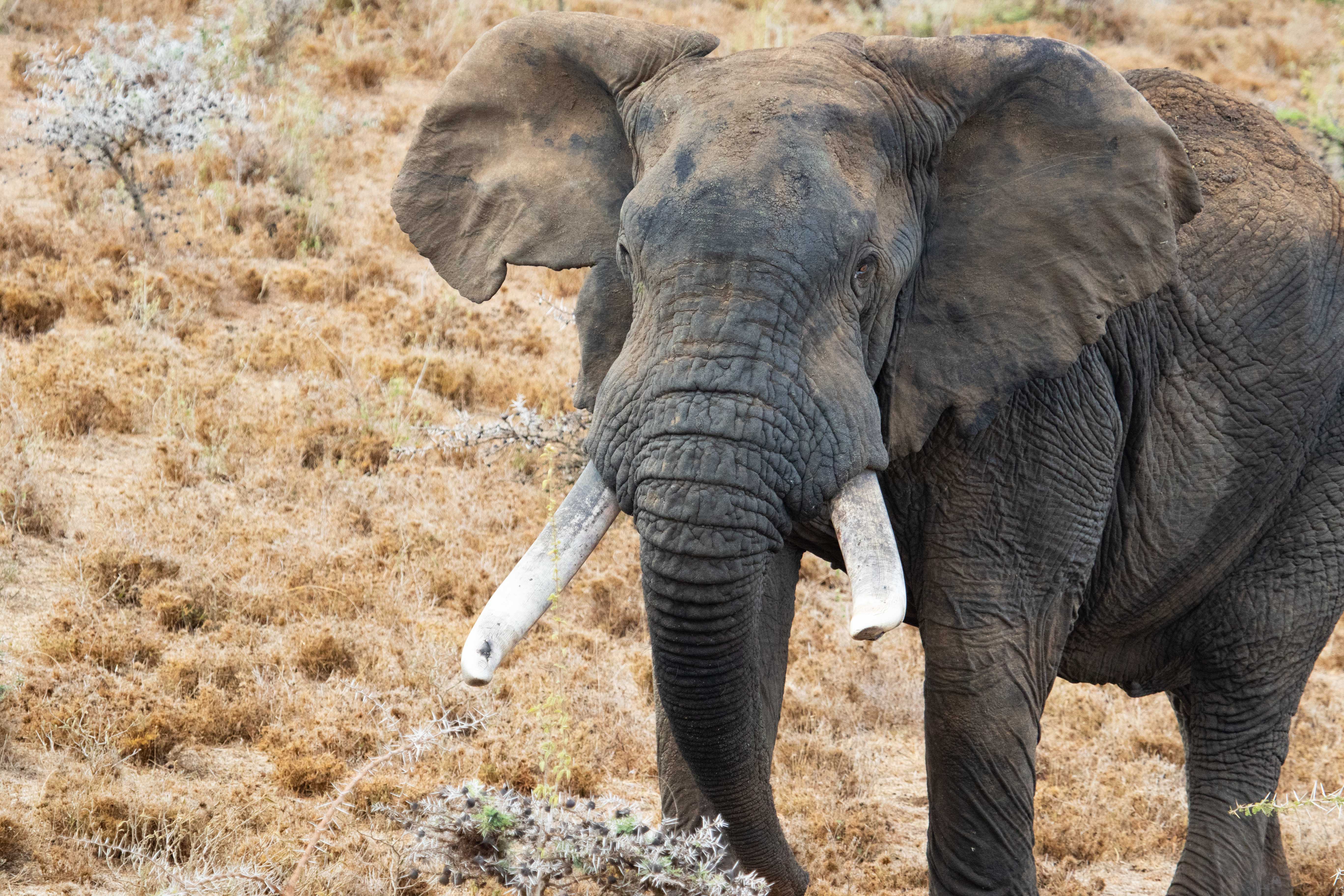Earth Day 2021: Protecting our Earth
Why the fight for wildlife justice in courtrooms across the world is critical to protect Earth and prevent future pandemics

Your support helps us to tell the story
From reproductive rights to climate change to Big Tech, The Independent is on the ground when the story is developing. Whether it's investigating the financials of Elon Musk's pro-Trump PAC or producing our latest documentary, 'The A Word', which shines a light on the American women fighting for reproductive rights, we know how important it is to parse out the facts from the messaging.
At such a critical moment in US history, we need reporters on the ground. Your donation allows us to keep sending journalists to speak to both sides of the story.
The Independent is trusted by Americans across the entire political spectrum. And unlike many other quality news outlets, we choose not to lock Americans out of our reporting and analysis with paywalls. We believe quality journalism should be available to everyone, paid for by those who can afford it.
Your support makes all the difference.While the last 12 months have been disruptive and unpredictable - to say the least - for humankind, they have forced us to consider what we value, and to ask what we will fight to protect.
Today, on Earth Day 2021, there has never been greater understanding of how a global crisis makes us immediately turn to our protectors; to the medics, scientists and others working on the frontline, day in day out.
Criminal prosecutors might not seem an obvious ‘frontline’ role, yet Covid-19 has thrown into sharp focus the need to strengthen laws in order to eradicate wildlife crime, in order to prevent another pandemic.
Covid-19 is widely believed to have a zoonotic origin - thought to be virus spill-over from a bat to a human - highlighting the dangers of mistreating and trafficking wild animals.
Thus, in the midst of one pandemic there are wildlife law experts working tirelessly to prevent another. They are united in their mission to eradicate the enabling factors that allow the illegal trade of wildlife to perpetuate, and in doing so to protect our Earth.
In support of this aim, The Independent launched its Stop The Illegal Wildlife campaign in May 2020, calling for an international effort to clamp down on the illegal trade of wild animals and prevent future pandemics.

“Our Earth is under extreme threat, and my job is trying to protect it,” says Katto Wambua, Senior Criminal Justice Advisor for international conservation organisation Space for Giants, which operates in nine African countries.
Katto is a former prosecutor at the Kenyan Office of the Director of Public Prosecutions, where he helped establish its Wildlife Crimes Prosecution Division and contributed to wildlife law reform to support criminal justice pathways across Africa.
“If we continue messing up our environment it will teach us very difficult lessons, as we have seen with Covid-19. The need to really seriously protect Earth is more apparent than ever.”

At the start of the pandemic wildlife experts feared a surge in the poaching of species for the illegal wildlife trade, and warned of an ensuing global conservation crisis and loss of biodiversity.
Some environmental protection programmes were curtailed due to the abrupt halt of tourism revenue, leaving wildlife more vulnerable than ever to slaughter.
In Uganda there has been a reported 125% increase in wildlife crime, compared to the same period in 2019. This is a scenario that sadly seems to be replicated in many other countries around the world.
Katto fully supports the response by Uganda’s Director of Public Prosecutions, Justice Jane Frances Abodo, who is one of the few women in such a role in East Africa. Justice Abodo has committed to “rededicating our efforts to combat wildlife crime. Most critical towards this will be strengthening national legislation and capacities to ensure wildlife justice.”
With the support of Space for Giants and UNODC, Uganda will soon host a National Symposium of Prosecutors to train its prosecutors on wildlife security laws.
“I urge governments, development partners and all global citizens, to put the protection of our natural world at the centre of building a more sustainable, resilient and prosperous global economy as we emerge from this global learning moment,” Justice Abodo says.

The pandemic has wrought death and devastation, but if you look for them, there are silver linings for the conservation world. One positive for Katto is that he believes that addressing the illegal wildlife trade in the post pandemic world will be a much higher priority.
“We can now clearly see the nexus between the lack of protection of wildlife and the environment and the lack of enforcing our existing legislation, and how that can have real life public health consequences,” he says.
Collaboration has never been so important. And Katto recognises the value of diverse people finding common cause - from Justice Abodo to philanthropists, such as founder of For Foundation Julie-Anne Uggla, from USAID to readers of The Independent. “It makes all the difference to know and feel you are not alone in this work,” says Katto. ”When people donate, they are clearly stating that this is something they value and that they are willing to make that connection, from wherever they are in the world.”
For a long time, the answer to protecting wildlife and poaching was having more boots on the ground. “Rangers play a vital role in protecting our wildlife, but what happens after you find and arrest someone?” says Katto, whose job is to unpick and transform systemic issues that plague Africa’s justice systems, to help increase convictions and act as greater deterrents of wildlife crimes, and in doing so give people confidence in the justice systems.
“Space for Giants’ unique methodology is to link up areas that are free of wildlife justice beyond the traditional area of frontline wildlife protection [such as rangers]. We monitor wildlife cases across African courts, and work on law and policy development to meet the gaps we find,” he says.
“We create Rapid Reference Guides specific to individual countries for daily use. These are comprehensive toolkits that fuse a full range of the law approach and a points-to-prove method to prosecution of wildlife crime.
“These are helping to raise the standards of prosecution in countries including Kenya, Botswana, Uganda, Zimbabwe - and most recently we have a new stream of work in Rwanda.”
Just as with the Covid vaccination, Katto believes that when it comes to wildlife justice no one is protected until every country is protected.
“You cannot protect the Earth by making changes only in one country,” he says. “You have to do the often invisible work of ensuring that proper investigations and prosecutions translate into success against wildlife criminals in the courtrooms.”
In northern Kenya, where Space for Giants works, the rates of wildlife conviction increased from 22% in 2014 to over 90% today. It is a model Katto hopes to replicate across Africa, and it is well underway in Uganda.
For Katto, protecting our Earth is not only about broad, international legal frameworks but the smaller changes - and expertly trained people - that make justice systems work.
“We are a one planet species, whatever Elon Musk might be thinking we have no other Earth to go to,” says Katto. “We must protect this Earth. All of us, individually, in whatever spaces we occupy, must do our utmost to protect our environment and wildlife.
“You can do more than you think to protect what you value. What we don’t protect, will be lost.”
Donate to support people like Katto and protect what you value this Earth Day HERE
Join our commenting forum
Join thought-provoking conversations, follow other Independent readers and see their replies
Comments